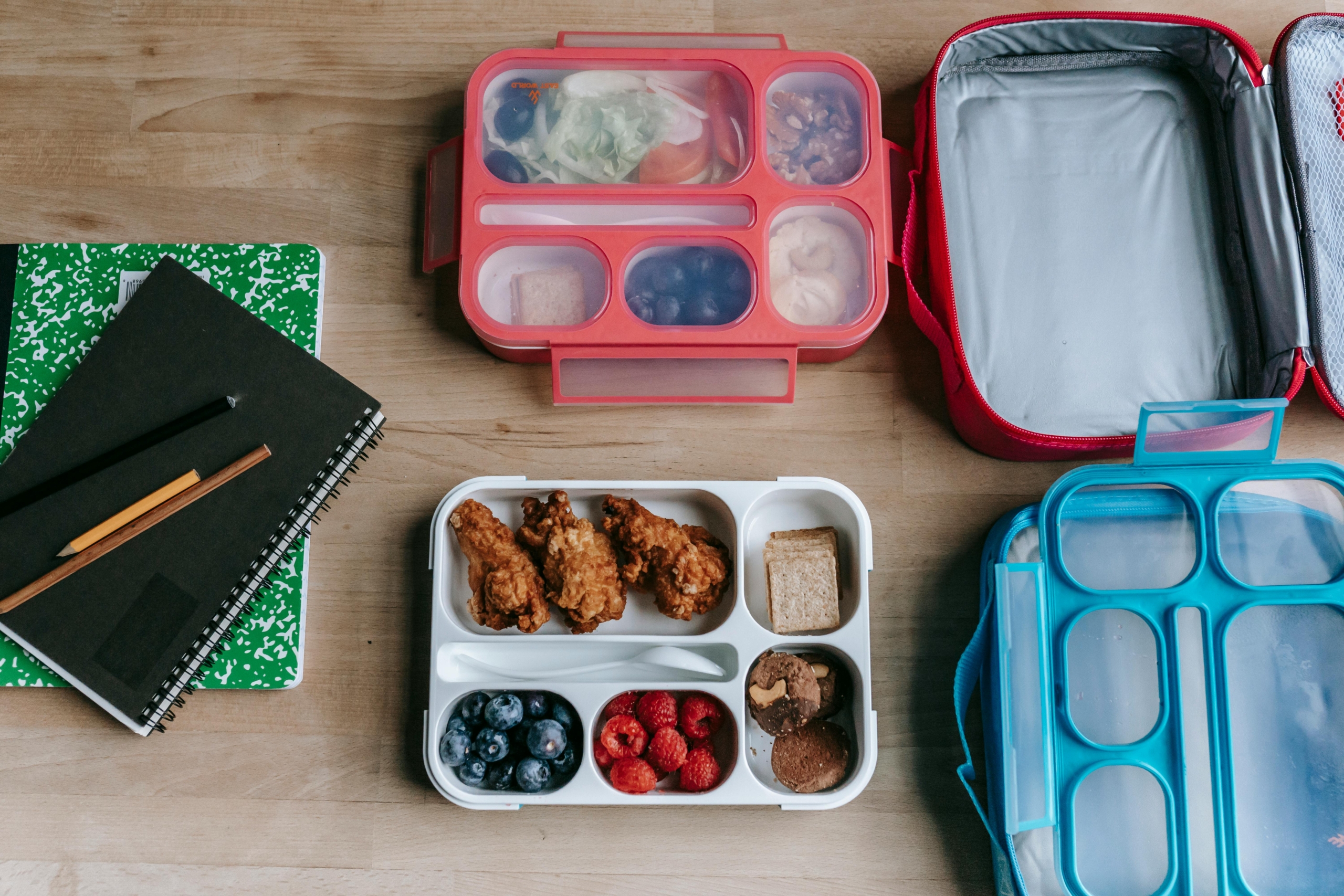Fighting Child Poverty with Universal Free School Meals
 More than 40 million children worldwide suffer from severe hunger yearly. Child hunger is a barrier to learning. Hunger stints focus and affect behavior. But it is a barrier we can break down—a barrier that, with a simple solution, can be eradicated. Globally, different organizations and governments have adopted programs to feed hungry children. Universal Free School Meals programs (UFSM) can be vital in reducing the stigma associated with child poverty. From spaghetti bolognese to chicken curry, here are some of the ways that free school meal provision supports children and families facing poverty.
More than 40 million children worldwide suffer from severe hunger yearly. Child hunger is a barrier to learning. Hunger stints focus and affect behavior. But it is a barrier we can break down—a barrier that, with a simple solution, can be eradicated. Globally, different organizations and governments have adopted programs to feed hungry children. Universal Free School Meals programs (UFSM) can be vital in reducing the stigma associated with child poverty. From spaghetti bolognese to chicken curry, here are some of the ways that free school meal provision supports children and families facing poverty.
Estonia
The UFSM program in Estonia began in 2002 and is supported by government spending and international donors. The program aims to provide all children in primary and secondary education with a universal model. The Estonian food pyramid influences it and includes education in nutrition and physical health.
Additionally, Estonia has implemented a fruit, vegetables and milk scheme to support local farmers and provide children with these foods to take home. This program not only benefits children in the classroom but also provides long-term health benefits by offering nutritionally rich foods and imparting knowledge about healthy eating habits.
In 2021, Estonian feeding programs received $46,697,172 of funding. With this support, 221,479 children, representing the total number of students enrolled in primary and secondary education, received a free school meal. The universal component of this scheme reduces stigma, making school more enjoyable.
These programs also support parents, as students from lower-income backgrounds are identified as needing more resources. Schemes in Estonia have close ties with local food banks within the communities they operate in. Parents can receive extra support from food banks without the fear of shame that may be associated with seeking this service. These partnerships support all members, enabling families to be better supported and fed.
Sweden
Sweden, during WW2, demonstrated that promoting UFSM concerns more than just hunger. The lack of nutritional quality in some packed lunches negatively impacts the health and focus of children in schools. By 1969, all municipalities had implemented UFSM programs, a scheme that maintains its positive impact today.
The program is almost entirely government-funded, with a budget of $151,332,6795 in 2021. This year, out of the 2,333,942 students enrolled, 2,177,882 students received lunches in schools. This scheme focuses on ensuring that children have a pleasant experience with food, meaning they accumulate positive associations with healthy eating. This can keep children from missing school due to ill health or dental issues.
Accompanying this program, teachers eat with their students at lunchtime. This forges a positive bond between teachers and students, further contributing to children’s positive experiences of education and increasing the likelihood of them wanting to stay in education long term.
The lifelong impacts of Sweden’s UFSM programs demonstrate that such schemes are beneficial for reducing the risk of poverty in adulthood and in children. Recipients from lower-income families throughout their school years had higher earnings of up to 6% during their professional lives. This demonstrates the long-term economic benefits UFSM programs can have for children.
Australia
In Australia, an organization called Eat Up advocates for an approach to UFSM provision. The scheme was established in 2015, targeting children from low-income backgrounds in schools. In addition to feeding children in schools, Eat Up has strong community ties and helps both children and their families.
In 2021, the organization’s budget was $489,628, which was spent feeding children across the country. Through this budget, 85,000 children in schools received food. The most vulnerable children felt nourished and supported in their education, which enhanced their capacity to focus in the classroom.
The scheme allows children who may otherwise go without to have what could be their only meal in a day. This encourages children to go to school and relieves parental pressure.
Final Remark
Universal Free School Meals programs are highly beneficial and a great solution to child poverty. Schemes in Estonia and Sweden demonstrate that government-led schemes with a universal, targeted approach can positively impact education experiences. Australia’s advocacy through the Eat Up program presents an alternative that shows organizations can also play a crucial role in feeding children in schools.
Turning to the figures, in 2022, the European Union (EU) average for the risk of children falling into poverty was 24.7%. In Sweden, it was 19.9%, which is lower than the average. Lower still, Estonia’s rate was 16.6%. The success of these programs in terms of poverty alleviation is evident, as countries with established programs see rates below the average.
These programs can play a crucial role in solving child poverty. By helping families and children, their benefits inspire a reminder that there is a solution to poverty.
– Sarah Littleton
Sarah is based in London, UK and focuses on Good News and Politics for The Borgen Project.
Photo: Pexels
